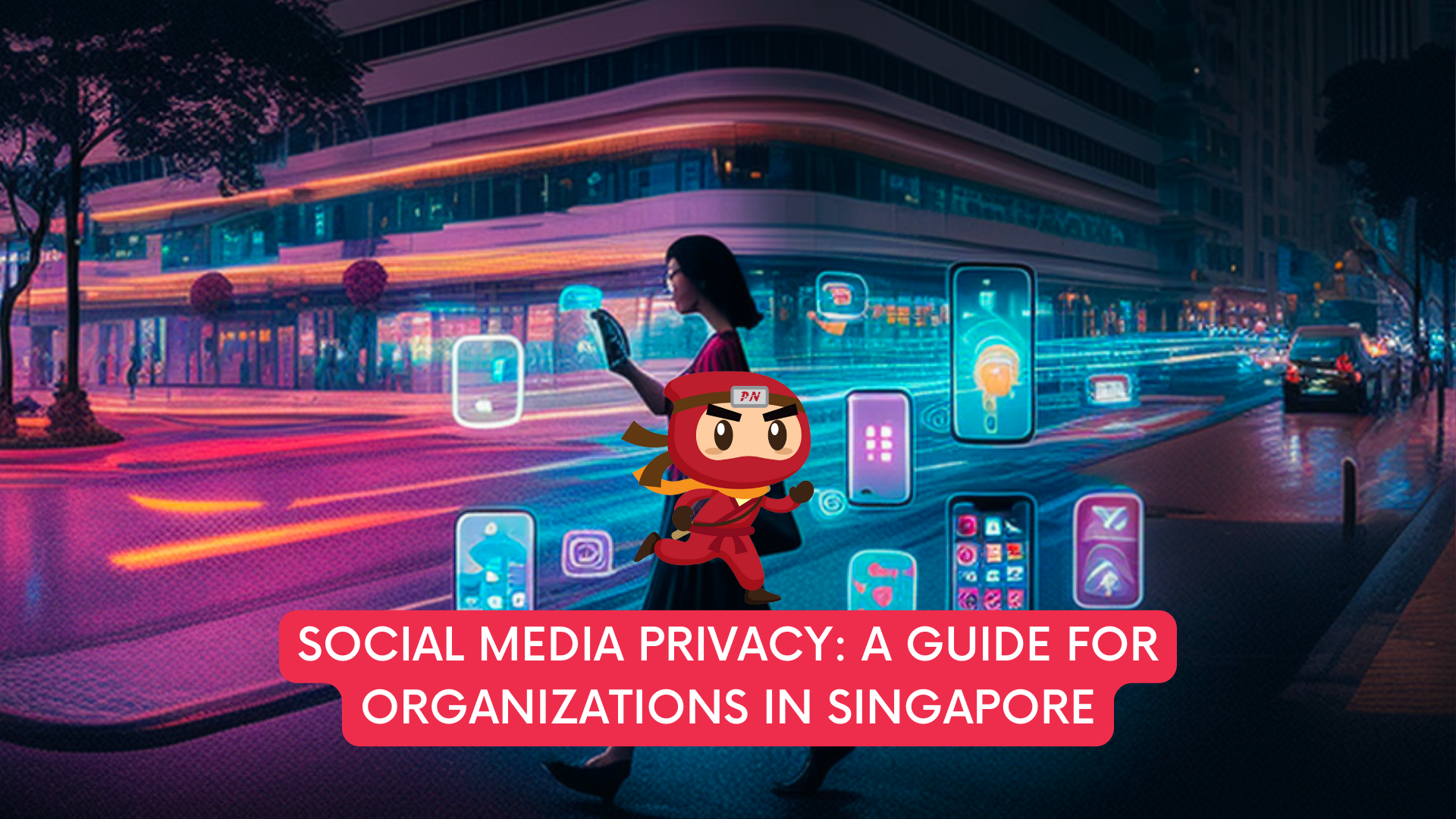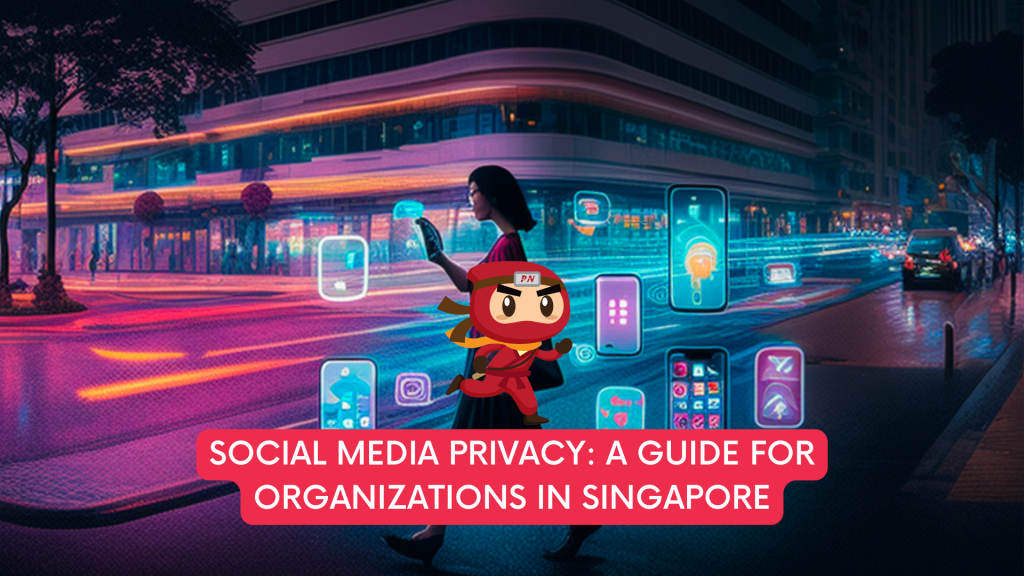KEEP IN TOUCH
Subscribe to our mailing list to get free tips on Data Protection and Cybersecurity updates weekly!







In the digital age, social media has revolutionized the way organizations connect with their audience, build brand identity, and share content. However, with this increased connectivity comes a responsibility to protect sensitive information and respect the privacy of individuals.
As organizations in Singapore harness the power of social media, it becomes paramount to understand the intricacies of social media privacy. This article delves into the importance of social media privacy for organizations in Singapore, offers insights into relevant regulations, and provides practical strategies to ensure data protection while maximizing the benefits of social media engagement.
Social media platforms have become integral channels for organizations to engage with their customers, promote products or services, and foster brand loyalty. However, this increased exposure comes with potential risks related to the misuse or mishandling of personal information.
Maintaining social media privacy not only safeguards the rights of individuals but also preserves the reputation and credibility of organizations.

The Personal Data Protection Act (PDPA) of Singapore serves as a cornerstone for data protection, encompassing personal data collected and used through various means, including social media platforms. Organizations operating in Singapore are legally obliged to adhere to the PDPA’s guidelines, ensuring that personal data is collected and managed in a responsible and transparent manner. The Act mandates obtaining explicit consent before collecting, using, or disclosing personal information, emphasizing the importance of respecting individual privacy.
1. Clear Privacy Policies: Organizations should have clear and comprehensive privacy policies that outline how personal data will be collected, used, and protected on social media platforms. These policies should be easily accessible to users.
2. Consent Management: Obtain explicit consent from users before collecting any personal data. This can be achieved through opt-in mechanisms, ensuring that users are informed about the purpose and scope of data collection.
3. Data Minimization: Collect only the necessary data required for the intended purpose. Avoid excessive data collection that could potentially compromise users’ privacy.
4. Secure Account Management: Strengthen the security of social media accounts by using strong, unique passwords and enabling multi-factor authentication (MFA) to prevent unauthorized access.
5. Privacy Settings: Familiarize yourself with the privacy settings of each social media platform and adjust them according to your organization’s needs. Limit the visibility of personal information to ensure that only authorized individuals can access it.
6. Educate Employees: Provide training to employees on social media privacy best practices. This includes guidelines for handling user data, responding to privacy inquiries, and recognizing potential privacy breaches.
7. Third-Party Apps and Integrations: Be cautious when integrating third-party applications with social media accounts. Conduct thorough assessments to ensure that these apps adhere to your organization’s privacy standards.
8. Regular Audits: Conduct periodic audits to assess the privacy practices of your social media activities. This ensures ongoing compliance with regulations and identifies areas for improvement.
9. Monitoring and Response: Implement monitoring tools to track potential privacy breaches or unauthorized activities on social media accounts. Develop a response plan to address any incidents promptly and transparently.
10. Transparency and Communication: Establish open communication with your audience regarding data collection, usage, and privacy practices. Respond to privacy inquiries and concerns in a timely and transparent manner.

As organizations in Singapore embrace the power of social media, safeguarding privacy becomes a responsibility that cannot be overlooked. Adhering to the Personal Data Protection Act and implementing robust social media privacy practices not only ensures legal compliance but also builds trust with your audience.
By maintaining clear policies, obtaining informed consent, and employing security measures, organizations can navigate the social media landscape with confidence, harnessing its potential while respecting the privacy rights of individuals. In doing so, organizations contribute to a digital environment where personal information is treated with the utmost care and respect.
Your appointed DPO can work with you on your PDPA compliance, ensuring that there will be policies in place to make sure that the handling of personal data is PDPA compliant.
A Data Protection Officer (DPO) oversees data protection responsibilities and ensures that organisations comply with the Personal Data Protection Act (PDPA). Furthermore, every Organization’s DPO should be able to curb any instances of PDPA noncompliance as it is the officer responsible for maintaining the positive posture of an organisation’s cybersecurity.
DPOs complement organisations’ efforts to ensure that the organisation’s methods of collecting personal data comply with the PDPA. It also ensures that policies are set in place to make sure that there will be no instances of data breaches in the future.
Don’t wait any longer to ensure your organisation is PDPA compliant. Take our free 3-minute PDPA Compliance Self-audit checklist now, the same “secret weapon” used by our clients to keep them on track. Upon completion, we will send you the results so you can take the necessary action to protect your customers’ data. Complete the free assessment checklist today and take the first step towards protecting your customers’ personal data.